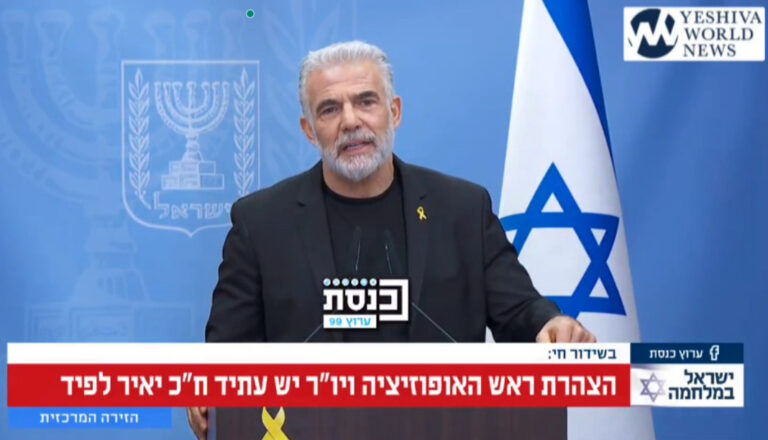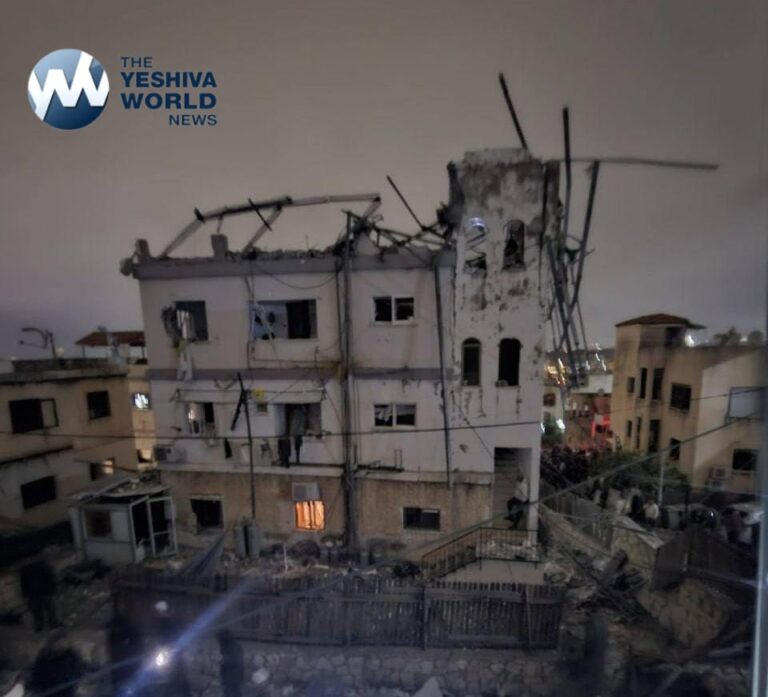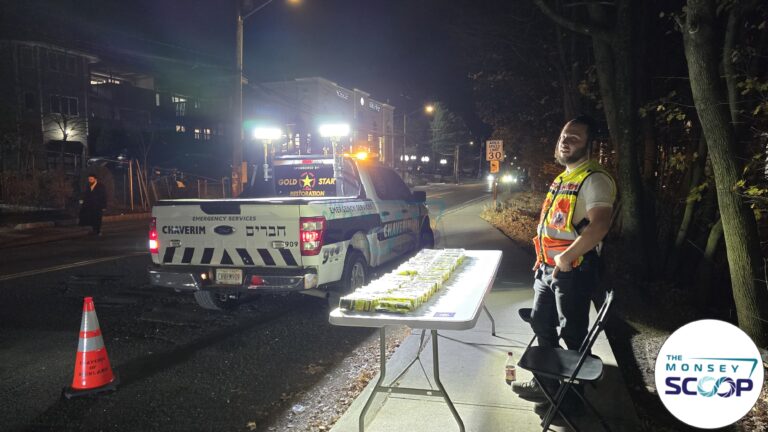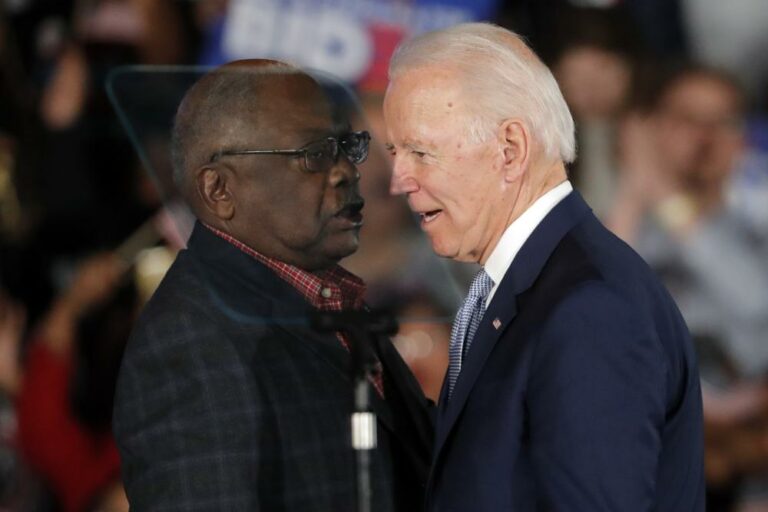On January 17, 2002, a Palestinian policeman, Abdel-Salaam Hassounah, stormed the David’s Palace wedding hall in Hadera and shot to death the guard on duty at the door. The terrorists then opened fire on the crowd of guests attending a bat mitzvah celebration inside. As Hassounah sprayed the hall with machine gun fire several guests tried to overpower him using chairs and bottles. Six individuals were killed in the attack and more than 30 were wounded. One of those killed was Aharon Ellis, an African-American singer performing at the bat mitzvah. Ellis left behind a wife and several young children.
In 2002, a lawsuit was brought in New York by the Ellis family against the Palestinian Authority and PLO for their role in planning and funding the Hadera terror attack. Documents captured by Israel during the Defensive Shield Operation show that the Hadera attack was directly paid for by the PA. After initially defending the lawsuit and losing numerous efforts at having the case dismissed, the defendants’ lawyer, former American Attorney General Ramsey Clarke, announced he had recently visited then PA chieftain Yasser Arafat in Ramallah and had been instructed not to continue to litigate the case . In the wake on the PA/PLO’s intentional default the court proceeded to hear the family members’ damages claims.
In August 2006, the District Court awarded Ellis’ wife, children and parents a judgment in the amount of $192 million dollars against the defendants. Two years later the Palestinians fired Clarke and hired new counsel. They filed a motion with the court claiming that with Arafat’s death, new leadership had taken over in the PA and PLO and they now wanted the opportunity to litigate the case in good faith. They asked the court to vacate the judgment and allow them to “do the case over.” Although the defendants had intentionally defaulted the case (which should have ended the matter right there) and clearly stated on the record that they were refusing to defend the matter, the New York District Court permitted them the opportunity to litigate the issue of their liability in the Hadera attack and prove their non-involvement.
The judge also ordered that the defendants deposit a security bond in the full amount of the judgment — $192 million – at the court’s registry, so that the plaintiffs would be able to immediately collect the judgment when and if they won the liability issue.
The Palestinians then filed another motion arguing they couldn’t afford the full amount of the judgment but could come up with a $15 million security deposit. They moaned they were completely broke and couldn’t pay. Naturally, the lawyers for the Ellis family strenuously objected and insisted that the Palestinians could afford the full amount. The plaintiffs documented for the court all the bank accounts the Palestinians posses, the tax revenues they receive every month from Israel and the massive land holdings they controlled in the West Bank and Gaza. The plaintiffs submitted numerous expert opinions concerning the Palestinians’ assets and revenues to support their contentions.
In the end, the magistrate judge hearing the matter found that the Palestinians were not broke as they had claimed, but then he ordered that the amount of the security to be deposited to be lowered to $120 million. The magistrate also found that the Palestinians had concealed relevant information during discovery. The Palestinians were ordered to place $20 million with the court and deposit an additional $5 million each month of the pre-trial proceedings until the amount of $120 million is reached. Last week, the district court judge fully accepted the magistrate’s recommendations and ordered the deposits to be made and the Ellis case to proceed to trial.
Whether or not the defendants will actually deposit the security is yet to be seen.
(Shurat HaDin)










